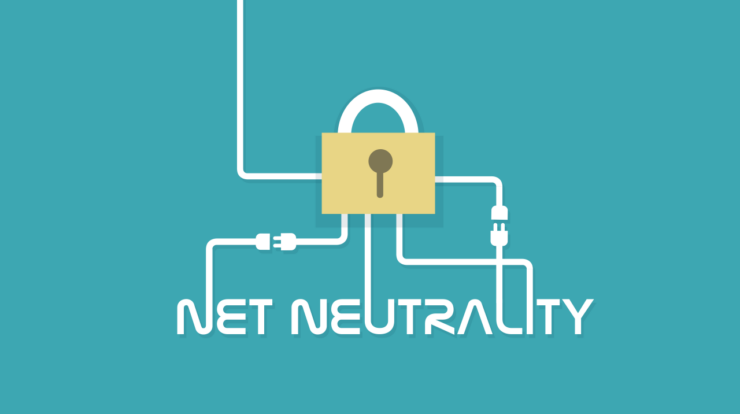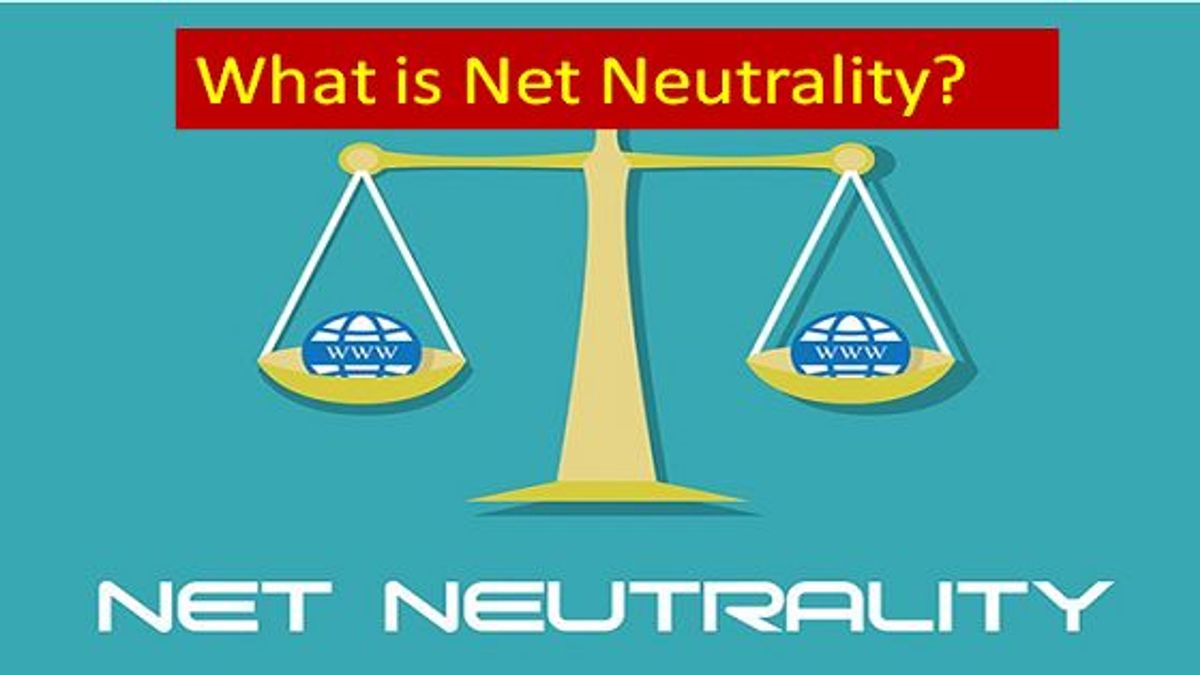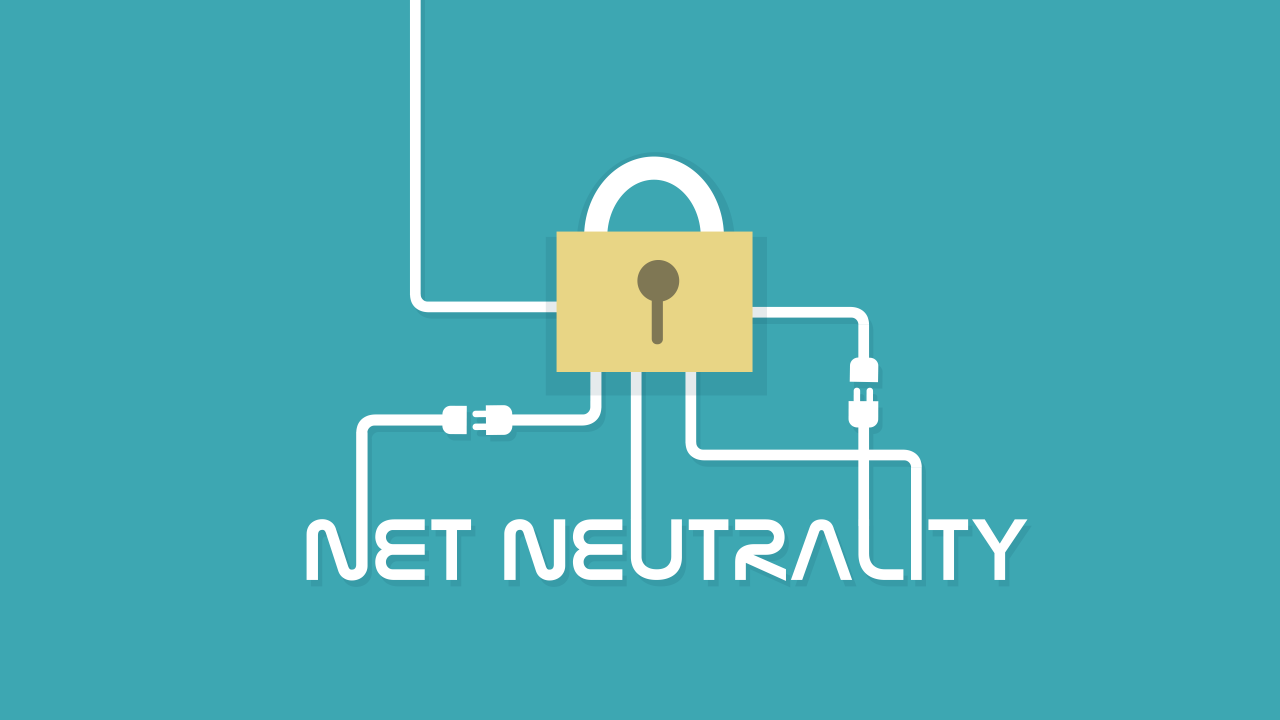
Net neutrality definition takes center stage in this comprehensive guide, providing a thorough understanding of its principles, goals, and implications. As the debate continues to shape the digital landscape, this article offers a clear and concise explanation of net neutrality, empowering readers with the knowledge to navigate the complexities of internet regulation.
Net neutrality refers to the principle that all internet traffic should be treated equally, regardless of its source, destination, or content. This means that internet service providers (ISPs) cannot discriminate against specific websites or applications, ensuring that consumers have equal access to the entire internet.
Net Neutrality Definition
Net neutrality is the principle that all internet traffic should be treated equally by internet service providers (ISPs). This means that ISPs cannot block, throttle, or discriminate against specific websites or online services. The goal of net neutrality is to ensure that consumers have equal access to all content and services on the internet.
Historical Context

The concept of net neutrality has been around for decades, but it became a major issue in the early 2000s as broadband internet became more widespread. In 2005, the Federal Communications Commission (FCC) adopted a set of net neutrality rules that prohibited ISPs from blocking or throttling internet traffic.
However, these rules were overturned by a court in 2010.
Benefits and Criticisms
Proponents of net neutrality argue that it is essential for protecting consumer choice and innovation. They argue that without net neutrality, ISPs could block or throttle access to certain websites or online services, which would give them control over what consumers can see and do on the internet.
Opponents of net neutrality argue that it stifles innovation and investment by ISPs. They argue that ISPs need to be able to manage their networks in order to provide the best possible service to their customers.
Current Status and Future Prospects
The current status of net neutrality is uncertain. The FCC has not yet adopted new net neutrality rules, and the Trump administration has proposed rolling back the Obama-era net neutrality rules. However, there is strong public support for net neutrality, and it is likely that the issue will continue to be debated in the years to come.
International Comparisons

Net neutrality regulations vary from country to country. In some countries, such as the United States, net neutrality is not explicitly regulated by law. In other countries, such as the European Union, net neutrality is protected by law. The approach to net neutrality regulation varies depending on the country’s political and economic system.
Impact on Innovation and Economic Growth
Net neutrality can have a significant impact on innovation and economic growth. By ensuring that all internet traffic is treated equally, net neutrality creates a level playing field for businesses and entrepreneurs. This can lead to the development of new products and services, and it can also help to create jobs.
Role of Regulatory Bodies
Regulatory bodies play an important role in enforcing net neutrality. They can investigate complaints from consumers and businesses, and they can impose fines on ISPs that violate net neutrality rules. Regulatory bodies can also work with ISPs to develop best practices for implementing net neutrality.
Best Practices for Implementing Net Neutrality: Net Neutrality Definition
There are a number of best practices that ISPs can follow to implement net neutrality. These include:
- Treating all internet traffic equally, regardless of source, destination, or content.
- Not blocking or throttling access to any website or online service.
- Not discriminating against any particular type of traffic, such as streaming video or online gaming.
- Being transparent about their network management practices.
Case Studies
There are a number of case studies that demonstrate the benefits of net neutrality. For example, in 2014, the FCC investigated Comcast for allegedly blocking access to BitTorrent, a file-sharing service. The FCC found that Comcast had violated net neutrality rules, and it imposed a fine of $8 million.
Emerging Trends and Future Considerations
There are a number of emerging trends that could impact net neutrality in the future. These include the growth of mobile broadband, the development of new technologies such as 5G, and the increasing use of artificial intelligence (AI) to manage networks.
It is important to consider these trends when developing net neutrality regulations.
Outcome Summary
In conclusion, net neutrality definition serves as a crucial cornerstone for maintaining a fair and open internet. By understanding its principles and implications, we can actively participate in shaping the future of the digital landscape, ensuring that everyone has equal access to the vast resources and opportunities offered by the internet.
Quick FAQs
What is the main principle of net neutrality?
Net neutrality upholds the principle that all internet traffic should be treated equally, without discrimination based on source, destination, or content.
Why is net neutrality important?
Net neutrality ensures a fair and competitive internet landscape, where businesses and consumers alike have equal access to the full potential of the internet.
What are the potential consequences of violating net neutrality principles?
Violating net neutrality principles can lead to a tiered internet, where ISPs prioritize certain content or applications, potentially stifling innovation and limiting consumer choice.





